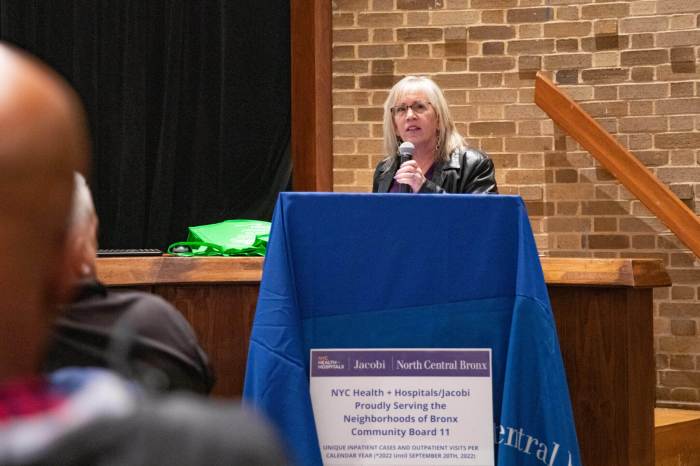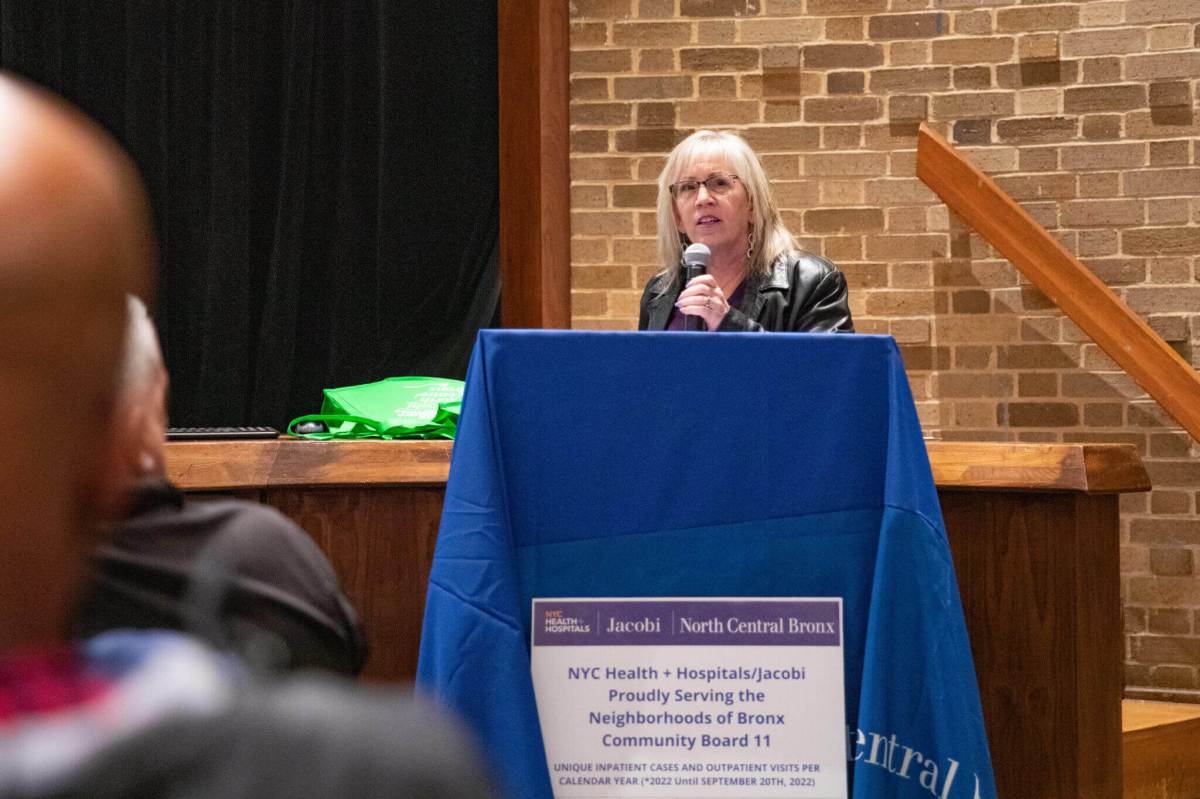Dominica
Dominica’s Prime Minister Roosevelt Skerrit and minister of finance recently presented an over $400 million budget in parliament for the financial year ending June 30, 2012.
The theme of this year’s presentation was “Pursuing the Path to Growth- Being Responsive Yet Responsible.”
Skerrit noted the economic challenges facing international governments and reminded all that Dominica was not exempt from these challenges.
He said, however, that Dominica had feared well amidst these global occurrences.
“Preliminary GDP estimates suggest that amid the global economic slowdown, Dominica’s economy exhibited an admirable degree of resilience, fact attested to by regional and international observers.
Several sectors of the island’s economy recorded growth in the last financial year.
The construction sector for example expanded by an estimated 10.2 percent in 2010 compared to a contraction of 7.3 percent in 2009.
Guyana
Guyana’s President Bharat Jagdeo bid his CARICOM colleagues farewell recently, saying he was leaving with the strong sense that the fate of the region rests in safe hands.
Jagdeo who demits Guyana’s presidency in November said his services will be available to his friends and colleagues.
Speaking to reporters after the CARICOM heads of government meeting in St. Kitts recently, Jagdeo said he welcomed the opportunity to talk to his colleagues of several years since many other leaders had not received the opportunity to say a proper goodbye.
He noted that the late Barbados PM David Thompson, who died last year and others, who through election processes, had to depart “some in an untimely manner.”
He urged leaders to fiercely recognize and defend the region and recognize how far it had come.
Jagdeo said the region’s challenges remain food security, climate change and addressing the macro issues surrounding debt.
He advised leaders to focus more on outcomes and to always ask if ideas would truly bring value to the region.
Jagdeo said he was happy and excited by the challenge of setting up a new life and career outside the presidency but also said that he might not be able to develop the friendships he had made at regional level due to the lack of opportunity to meet.
Guyana
The Guyana economy was given high rating in an International Monetary Fund (IMF) report for demonstrating resilience and recording a fifth consecutive year of robust growth for 2010, even in the face of external and domestic shocks.
According to the IMF, real output grew by an estimated 3.5 percent in 2010, reflecting strength in the gold and services sector.
The country’s monetary policy was described as moderately expansionary, including the stability of the currency against the U.S. dollar, in the context of a steady increase in reserves.
The report, which was completed on Jan. 5, is based on bilateral discussions between a team of officials from the IMF and their Guyanese counterparts in November 2010 on economic developments and politics.
The discussions focused on a strategy for maintaining fiscal and debt sustainability over the medium term and recommendations were made on maintaining a strong fiscal stance and addressing public enterprise weaknesses.
On the downside, reports on the country’s sugar sector were unfavorable, as reference was made to labor shortages and factory problems. The public finances were reported to have weakened to some extent in 2010.
Jamaica
Jamaica’s Minister of Tourism Edmund Bartlett says that his country would soon have direct flights to China, the fastest growing market for outbound travelers in the world.
The ministry recently reported that China’s newly appointed ambassador to Jamaica Zheng Qingdian gave a commitment to pursue the introduction of direct flights between Beijing and Montego Bay, during a courtesy call on the minister.
The release from the ministry said that Qingdian expressed enthusiasm and delight at Jamaica’s prowess in sports and tourism, as well as its rich heritage and culture.
He said he would be facilitating discussions with China Air to have the new flight arrangement implemented.
The Chinese diplomat also discussed with Bartlett investment prospects in tourism and extended an official invitation to the minister to meet with his counterpart in China in September, to explore areas for increased collaboration.
Bartlett expressed enthusiasm with the opportunities for greater collaboration with China, particularly in tourism.
Jamaica
People’s National Party (PNP) president Portia Simpson Miller continues to lead Jamaica Labor Party (JLP) leader Bruce Golding as the person Jamaicans believe would do a better job as prime minister of Jamaica.
This is the only second time that opposition leader Simpson Miller has led Prime Minister Golding in Gleaner-commissioned Bill Johnson national polls since 2007. Six polls have been conducted between September 2007 and May 2011.
In the latest poll done by Johnson on May 28 and 29 and June 4 and 5, 42 percent of Jamaicans said Simpson Miller would do a better job than Golding as prime minister. That represents a marginal increase from the 41 percent who held that view just over a year ago.
But Golding, though lagging behind Simpson Miller, has improved in the eyes of Jamaicans with 31 percent of the respondents saying he would do a better job as prime minister.
Last April, only 28 percent of Jamaican said Golding would do a better job as prime minister.
When Simpson Miller led her party into the 2007 general election, 40 percent of the country said she would do a better job as prime minister, compared to Golding, who was polled at 41 percent.
Simpson Miller held office as the country’s seventh prime minister from March 30, 2006 to September 2007, when she led the PNP into a general election against the Golding-led JLP and was defeated.
Montserrat
Montserrat’s Chief Minister Rubean Meade said his government is focusing on building the economic infrastructure rather than population growth.
He was at the time answering a question from opposition member Donaldson Romeo in the Montserrat Legislative Council, who wanted to know what steps the government was taking to increase the island’s population over the next decade.
Meade said he is of the belief that if Montserrat’s economy grows then the people would come rather than focus on increasing numbers but with no economy to sustain.
The leader of government said they are working to ensure that incentives are often for persons who wish to do business on the island, including those from other Caribbean nations.
Meade said steps have been made to restructure Montserrat Development Corporation to become a more integral part of business development here.
He also remarked that Montserratians need to take the initiative and start more ventures rather than sitting in a corner while foreigners are creating their own businesses.
“There needs to be a change in the mindset of our people,” the chief minister stated during the sitting.
Suriname
Suriname’s President Desi Bouterse said he is looking to Trinidad and Tobago on energy projects.
He made the revelation at the end of the recent heads of government conference in St. Kitts.
He said T&T was a very dominant member of the regional community and was interested in trade between the two countries.
The Suriname leader said T&T is one of the richest ones in the community so “we always try to improve our trade among states in the region.”
“We are interested in T&T on energy, for instance, because one is looking at your development. It’s very important to have a clear picture of your energy and food because of the price of oil,” he told reporters.
Because of the oil price, Bouterese said energy and food would be very expensive in the near future.
He said Suriname needed energy since it exported bauxite and alumina.
Trinidad
Trinidad and Tobago Prime Minister Kamla Persad-Bissessar said there are plans to establish a natural gas pipeline from Tobago to other CARICOM states.
She raised the issue during the CARICOM heads of government meeting in St. Kitts recently.
Speaking at a news conference on her return to Trinidad, Persad-Bessessar said the prime minister of Barbados was very excited about the venture. She said later this month negotiations for the project would resume.
“We will put that back out the plan. We will have to look at it and see that it can be mutually beneficial to Trinidad and Tobago and Barbados,” she said.
The prime minister said the initiative would reduce the energy costs.
Persad-Bissesar said a private investor would be involved in the project.
Trinidad
Prime Minister Kamla persad-Bissessar has been given two weeks by trade unions in Trinidad and Tobago to remove the five percent wage offer if her government wants to avoid the possibility of a national strike.
No discussions between the trade union movement and government will take place unless this demand is met.
That was the ultimatum given by the trade unions in documents recently delivered to Persad-Bissessar’s official residence, St. Ann’s, Port of Spain recently.
Over 2000 union members, representing 18 trade unions, joined in solidarity march from Port of Spain to her residence in St. Clair to deliver the trade union’s movement “Labor Day Accord’ and a written demand to remove the five percent.
However, the marchers were blocked by the police and barricades from entering the prime minister’s driveway.
Head of the trade union movement Ancil Roget said the prime minister had been given two weeks to remove the five percent wage increase being offered to public sector workers.
He said should the five percent not be removed, the trade union movement would not engage in any talks with the government and would continue working towards a national strike.
Compiled by Azad Ali






















